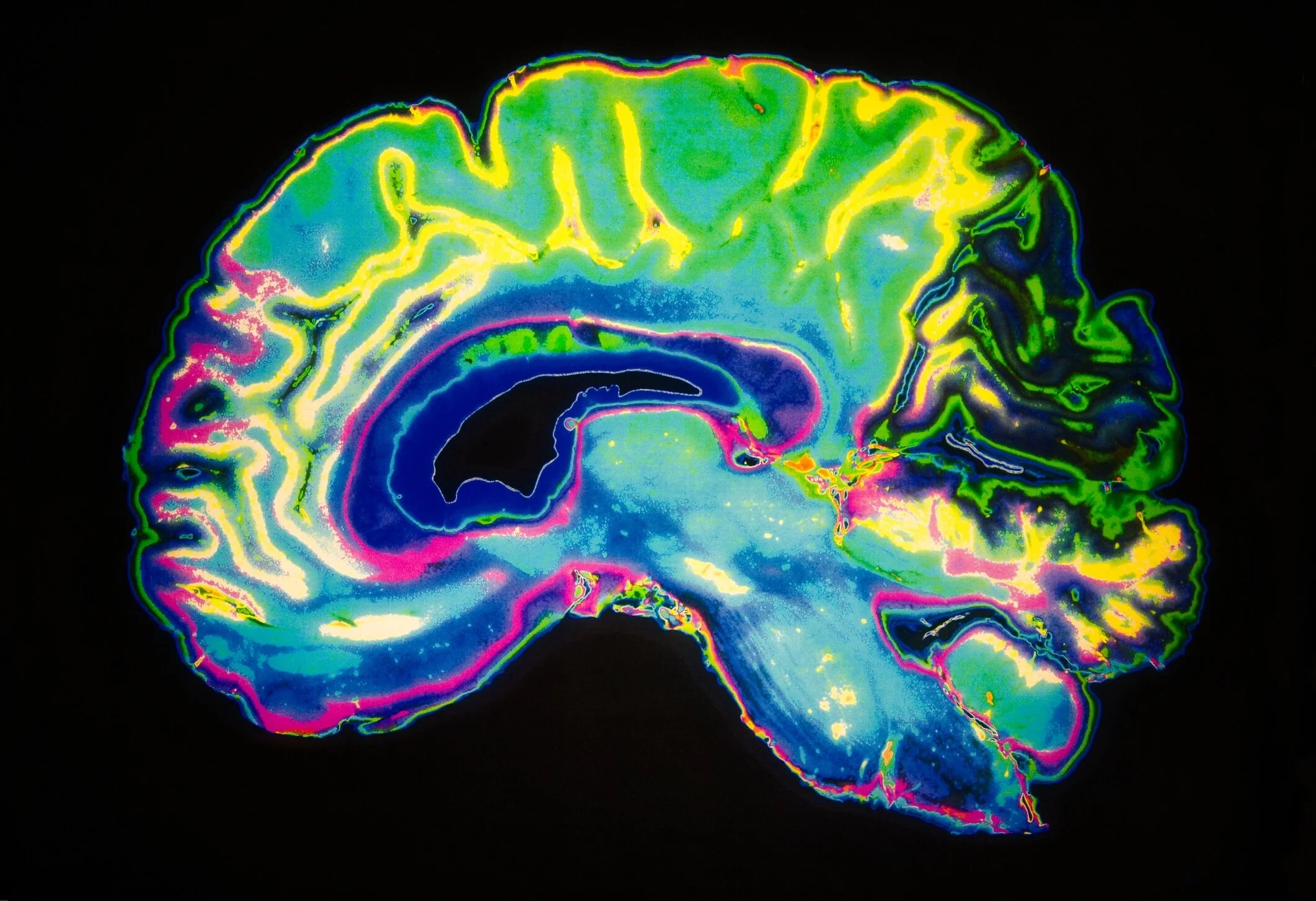Subject: New discoveries in cancer research - Comments and suggestions are welcome! Don't hesitate and leave a comment on our comment section down below the article!
Image Credit: Zoltan Tasi via Unsplash
Scientists have detected changes in electrical signals from different types of cancer cells, that could lead to the development of devices that can be sent to a tumor to ‘switch off’ the cells.
The research looked at how cells swap electrons in three different lung cancer cell lines and showed that the magnitude of the electrical current emitted by cancer cells is linked to the aggressive nature of cancer. This new understanding of how cancer cells use electrons could lead to new treatments that stop them growing by starving them of electrical energy.
Powered by electrons
Cells in the body are powered by electrons and they can also send electrons outside their membranes or outer shell along biological ‘tracks’ made of proteins and other molecules. This process is known as trans-plasma membrane electron transfer (tPMET) and this new research shows how it is linked to the growth of cancer cells.
Energy is mostly produced in the mitochondria of a cell but in a rapidly dividing cancer cell it can’t keep up with demand so the cell switches to a pathway call glycosis which converts sugar into energy. This reduction in output from the mitrochondria allows free electrons to build up inside the cell and clogs up the glycosis process. With cancer cells these extra electrons are shed through tPMET.
During the research cells were engineered to reduce the number of tPMET relays, which caused the mitochondria to lose energy forcing the cells to increase electrical output – a result which surprised the researchers.
A surprise finding
Dr Frankie Rawson, from the University of Nottingham’s School of Pharmacy led the research explains why this is significant:
We expected to see a slowdown in electron transmission when the mitrochondria became overworked, but what we actually saw was the opposite with an increase in current with cells actually producing more electrons to combat the drop in energy.
Dr Frankie Rawson, School of Pharmacy, University of Nottingham
This was a major, major finding for us because if you can inhibit that external electron transfer, the cells may have limited ways to sustain energy, so they’ll either be unable to grow and multiply, or they’ll die. Currently there are no drugs available that can interfere with tPMET, but this new research suggests that it coud be done another way.
The next phase for this research is to design ways to tweak the elecrical signalling in cancer cells and Andie Shaw and Dr Paola Sanjuan-Alberte, also at the University of Nottingham, with Rawson have been working on self-assembling nano-electrodes that could apply an electrical field to prevent a cell’s relays from shedding the electrons.
If you enjoy our selection of content please consider following Universal-Sci on social media:










